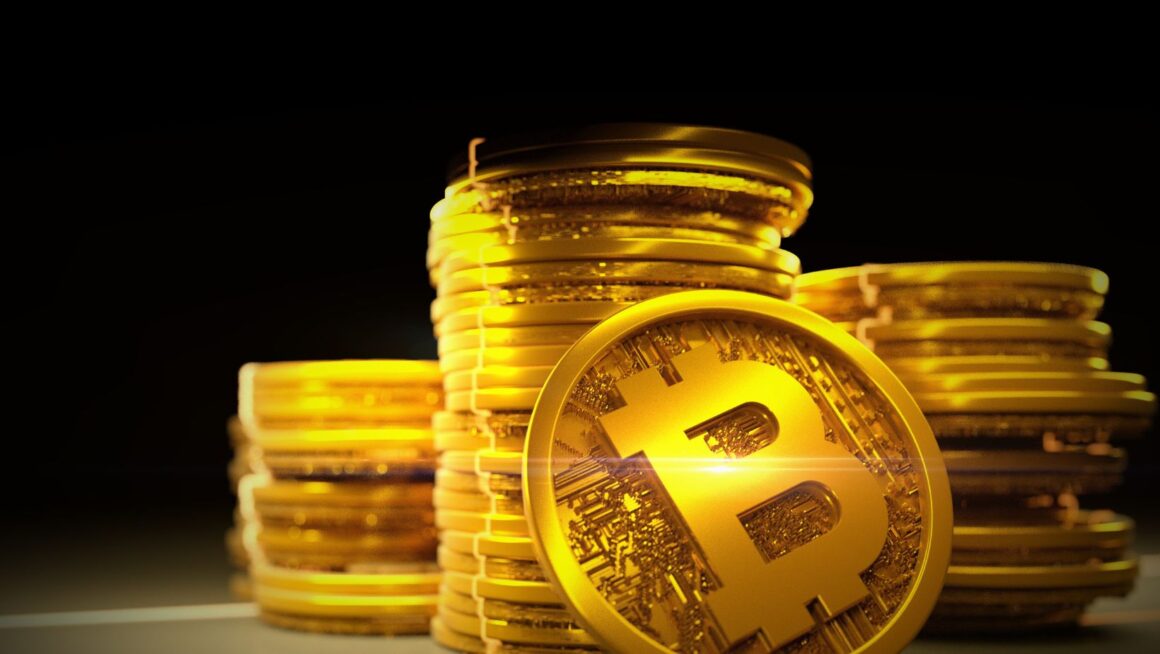Online gaming is now a multi-billion-dollar industry with thousands of licensed online casinos. However, players still have doubts about their safety and the fairness of gaming products offered by these platforms. Recent reports of rigged games, lack of trust in some casinos, and data breaches have led visitors to question the integrity of these casinos.
Blockchain is a new technology that promises a new approach to how players can access gaming content while addressing these challenges. It offers transparency and advanced security to ensure user safety. As the blockchain changes other industries, it also holds the potential to redefine online gambling as we know it.
What is the Blockchain and How is it Used in Gaming
The blockchain is a technology that uses a decentralized, distributed ledger to store data across a network of multiple computers securely. This information is also transparent and readily available for users.
Because of its distinctive structure, the blockchain does not require a central authority. The data is tamper-proof and all the records are traceable, making it ideal for trusted gaming platforms such as Sportsbet, where fair play and reliability are crucial.
A decentralized system lacks a single entity to control how data is handled. Everything is distributed across multiple devices, making all the information resistant to hacks or fraud. Its transparent nature also ensures that users can access all records stored on the network. Such a technology will help bulbs trust players when gaming because they can verify outcomes.
Another feature that will make players rely on gaming platforms is the immutability of every record. Once the data has been added to the network, it cannot be changed or manipulated. Security is also enhanced through consensus mechanisms and encryption, reducing breaches that were common in many older systems.
Quick and Reliable Transactions
As earlier explained, the blockchain runs on a decentralized system. Without intermediaries, transactions can be processed faster between the two parties. Instead of relying on institutions like banks and other payment providers, the network’s nodes communicate to verify transactions.
Such a peer-to-peer system reduces waiting times by eliminating approval steps, enabling instant transactions in crypto games like Bitcoin Baccarat. Most transactions occur almost instantaneously, depending on the consensus mechanism used by the model. Moreover, its distributed architecture enables multiple verifications to run in parallel, boosting responsiveness and efficiency.
In terms of reliability, the blockchain has a cryptographic foundation with transparent ledgers. Every operation is stored permanently and linked through secure hashing. This creates an unbreakable chain of records on the network. With universal access to all the data, any duplicate entries or fraudulent behaviour will be detected and rejected. Tampering or unauthorised alterations are therefore nearly impossible.
Another technology that improved both speed and reliability is the use of smart contracts. These are agreements that self-execute when predetermined conditions have been met. It intends to eliminate human intervention, which can lead to errors and delays. When combined with real-time data across the network, it guarantees performance and instant access.
Better Security for Online Gaming Payments
Online gaming has always faced challenges with both depositing and withdrawing funds. There have been reports of hacked accounts, stolen credit card numbers, and delayed withdrawals across various platforms. Such situations make players question the safety of their personal data on centralized systems. To improve the environment, these vulnerabilities are addressed through digital transactions.
The blockchain helps solve these issues, thanks to its decentralized nature. Instead of relying on a single entity to make decisions, approvals are done on multiple nodes to prevent data manipulation. Each payment also leaves a digital trail that can be traced back to its origin. This ensures players can bet safely online while keeping personal and financial information encrypted.
Another significant security advantage of the blockchain is anonymity. All payments and in-game purchases can be made without sharing banking details with the gaming platform. However, players must make an initial deposit to buy the crypto using fiat via a bank account or e-wallet.
The self-executing digital agreement also boosts security when making payments. It automatically releases payments when the initial conditions are met, removing disputes or intermediaries. With strong security, players can play and trade, and developers can create new gaming content on the blockchain with confidence.
Fairness and Transparency in Online Gaming
Another concern for most players is the results of games. Most of them question whether they are truly random or somehow manipulated by gaming platforms. With most traditional servers controlled by centralized systems, there is little proof that everything that happens behind the scenes is fair. The result is players not trusting the platforms, especially in games that reward players for accomplishing specific objectives.
The Blockchain provides a solution for verifying fairness by recording every step of the game in a public ledger. Gaming platforms can now display independent results for each move, roll, and transaction, with timestamps. This allows players to confirm the results and build trust. All the records stored will remain tamper-proof, and even the casino cannot alter any entry.
Distributed ledger technology also allows players to track how in-game currencies work. Every digital asset on the network has an ownership history since its creation. No duplication or forgery will be possible in such an ecosystem. It will ensure fair games, honesty, and accountability to improve the player experience.

Apart from players, game developers will also benefit from the open architecture. With smart contracts, bonuses and rewards will follow predefined rules. This removes favouritism, which can give some players an advantage. It levels the playing field for everyone, and every win will be based purely on lack.
Challenges of the Blockchain in Gaming
Although the blockchain offers several benefits for online gaming, the promised future remains on the horizon. Developers still face technical and non-technical challenges that must be fixed before moving to the next stage. Here are some of these roadblocks.
- Current Tech Constraints – Compared to traditional games, crypto titles are more technical and complex to design. Although the concept of blockchain is well known, integrating it into games may still require expertise. Moreover, most people don’t understand how concepts like NFTs and crypto wallets work.
- Legal and Compliance Challenges – Some countries are already taking steps to legislate blockchain technology through local laws. However, for most, this is an uncharted territory. The currency’s use is still under scrutiny, which may prevent the development of a full-scale crypto economy.
- Capacity and Performance Limits – Scaling the blockchain remains a significant challenge across industries. While some improvements, such as energy efficiency and affordable solutions, show promise, most networks still struggle with high transaction volumes.
- Lack of Interoperability – One of the benefits of using the blockchain is the ability to connect systems. Currently, most systems are fragmented and disconnected, making interoperability difficult. A more robust network infrastructure is required to achieve this through portable gaming data.
What is the Next Step for Blockchain in Online Gaming?
The blockchain continues to shape every aspect of entertainment by creating new avenues for innovation. As security takes the center stage, its integration is slowly building an advanced gaming future. Experiences will become more personalized as cryptocurrency is deeply embedded in the development of sites and gaming content.
Tokenization is another revolution transforming gaming. Digital tokens can now represent real-world assets, such as loyalty points and casino chips. This gives players endless possibilities when trading and readily available liquidity. They no longer have to worry about intermediaries or their safety while playing games.
Inclusion of AI, VR, and AR technologies is also inevitable in the near future. This will redefine how players experience games. It enables users to interact virtually while transacting securely. They can sit at the same table or choose to explore different sections of the gaming platform without leaving their seat.
As explained in this article, the blockchain is transforming online gaming by addressing several concerns. It offers solutions for fairness, security, and transparency, which fosters players’ trust in operators. However, it still faces challenges with scalability and regulation. Still, platforms are embracing it as it could redefine gaming in the future.

